Water Heaters: A Historical Perspective
Water heaters are among the most vital yet often overlooked appliances in modern homes. They provide the comfort of hot water for showers, dishwashing, laundry, and other daily activities. While their presence is now taken for granted, water heaters have a rich history of innovation that reflects broader advancements in technology, engineering, and energy efficiency. Over the years, these systems have evolved from simple, manually heated vessels to highly sophisticated, energy-conscious appliances that cater to diverse household needs. By exploring the evolution of water heaters, homeowners and enthusiasts alike can appreciate both their historical significance and their role in contemporary life, as well as the ways in which ongoing innovations continue to shape domestic convenience.
How Did Water Heaters Originate and Evolve Over Time?
The concept of heating water dates back thousands of years. Early civilizations relied on simple methods, such as heating water over open fires or using stones heated in a fire and submerged in containers of water. These rudimentary approaches were inefficient, dangerous, and inconsistent, yet they laid the foundation for future innovations in water heating.
A pivotal development occurred in the late 19th century. According to AOS Bath, Norwegian-American engineer Edwin Ruud patented the first successful automatic storage heater in 1889. This invention marked a critical turning point, as it allowed water to be stored in a heated tank, ready for use at any time, rather than requiring continuous heating. Ruud's design formed the backbone for modern water heaters, demonstrating both practicality and safety, and setting the stage for further technological evolution.
Over time, water heaters transitioned from simple storage tanks to more advanced systems incorporating gas, electricity, and even solar power. The shift toward convenience, efficiency, and reliability has guided much of this evolution, transforming water heaters from a luxury into an essential household appliance.
What Are the Different Types of Water Heaters?
Modern water heaters come in several types, each suited to different household needs and energy considerations. Traditional tank-based water heaters, also known as storage water heaters, heat and store a fixed volume of water. These systems are reliable and provide a constant supply of hot water but can consume more energy due to heat loss from the tank.
Tankless water heaters, often called on-demand water heaters, represent a significant innovation. Unlike storage units, these systems heat water only when it is needed, reducing standby energy loss and lowering utility bills. Tankless water heaters are especially useful for homes with limited space or fluctuating hot water demand.
Another type of water heater is the heat pump water heater. These systems extract heat from the surrounding air or ground and transfer it to the water, offering a highly energy-efficient solution. While heat pump water heaters have a higher upfront cost, their long-term energy savings make them an attractive option for environmentally conscious homeowners.
Finally, solar water heaters harness energy directly from sunlight, making them an eco-friendly and sustainable alternative. While their installation depends on geographic location and sunlight availability, solar water heaters can dramatically reduce overall energy consumption and long-term operating costs over time.
How Have Water Heaters Improved Energy Efficiency Over Time?
Energy efficiency has been a key focus in the development of water heaters. Early systems, including Ruud's initial automatic storage heater, prioritized convenience and safety rather than energy conservation. As energy costs rose and environmental awareness increased, manufacturers began to engineer water heaters that minimize energy loss and maximize performance.
Insulation improvements have played a major role in efficiency gains. Modern water heaters feature high-density foam and other insulating materials that keep stored water hot for longer periods without continuous energy input. Additionally, advancements in thermostat technology allow for precise temperature control, reducing wasted energy and enhancing comfort.
Tankless and heat pump models represent another leap in efficiency. In our experience, these water heaters can consume up to 50% less energy than traditional units. Regulatory standards and energy labels, such as ENERGY STAR, have further incentivized manufacturers to innovate, ensuring that new water heaters meet increasingly strict efficiency criteria.
What Are the Key Milestones in Water Heater Technology?
Water heater technology has evolved through a series of significant milestones. Early developments demonstrated that automated storage systems could provide safe, reliable hot water on demand, laying the foundation for modern water heating solutions.
Electric water heaters gradually became common, providing greater convenience than earlier coal or gas-powered systems. At the same time, natural gas models grew in popularity, offering faster heating and more efficient operation for households.
More recent developments introduced tankless and solar-powered systems, highlighting the growing focus on energy efficiency and sustainability. These innovations broadened consumer options and led to smart water heaters, which integrate with home automation to offer real-time monitoring, remote temperature control, and energy usage insights.
Other milestones include advancements in corrosion-resistant materials, such as stainless steel and glass-lined tanks, which have extended the lifespan of water heaters. Safety improvements, including pressure relief valves and automatic shut-off systems, have further increased reliability and reduced the risk of accidents.
What Is the Future of Water Heater Technology?
Looking ahead, water heater technology is likely to continue advancing along several key fronts. Smart water heaters, already on the market, are expected to become more sophisticated. Future systems may leverage artificial intelligence to learn household usage patterns, optimizing heating cycles to reduce energy waste while ensuring hot water availability.
Integration with renewable energy sources is another promising trend. Beyond solar, emerging technologies may allow water heaters to utilize geothermal energy or even capture excess heat from other household appliances, further reducing environmental impact. These advancements not only enhance energy efficiency but also contribute to a more sustainable and cost-effective home heating ecosystem.
Materials science is also poised to influence the future of water heaters. Lightweight, corrosion-resistant materials could reduce manufacturing costs and extend service life, while innovations in insulation could dramatically improve energy efficiency.
Finally, as urban populations grow and housing density increases, compact, high-efficiency water heaters will likely become standard. Tankless and hybrid systems may dominate markets where space is at a premium, ensuring that households maintain reliable access to hot water without sacrificing efficiency or comfort.
The evolution of water heaters illustrates how necessity drives innovation. From simple methods of heating water over a fire to sophisticated, energy-efficient systems, water heaters have transformed daily life, providing comfort, convenience, safety, and improved household efficiency. Edwin Ruud's 1889 invention of the first automatic storage heater set a precedent for automation and reliability, laying the groundwork for the diverse and advanced options available today.
As technology continues to progress, water heaters are likely to become even smarter, more efficient, and more seamlessly integrated with renewable energy solutions. Advanced features may include AI-driven usage patterns, predictive maintenance alerts, and connectivity with broader smart home systems, allowing households to optimize energy consumption while ensuring a steady supply of hot water. Understanding their history not only fosters appreciation for these essential appliances but also sheds light on the ingenuity and engineering behind them, highlighting the potential for innovations that balance convenience, sustainability, and long-term performance.
For both homeowners and engineers, the evolution of these devices serves as a compelling reminder that even the most commonplace household tools can undergo remarkable transformation, blending practicality with cutting-edge technology and reshaping the way we interact with everyday comforts. If you need a water heater, contact Raleigh Plumbing & Heating, Inc today!
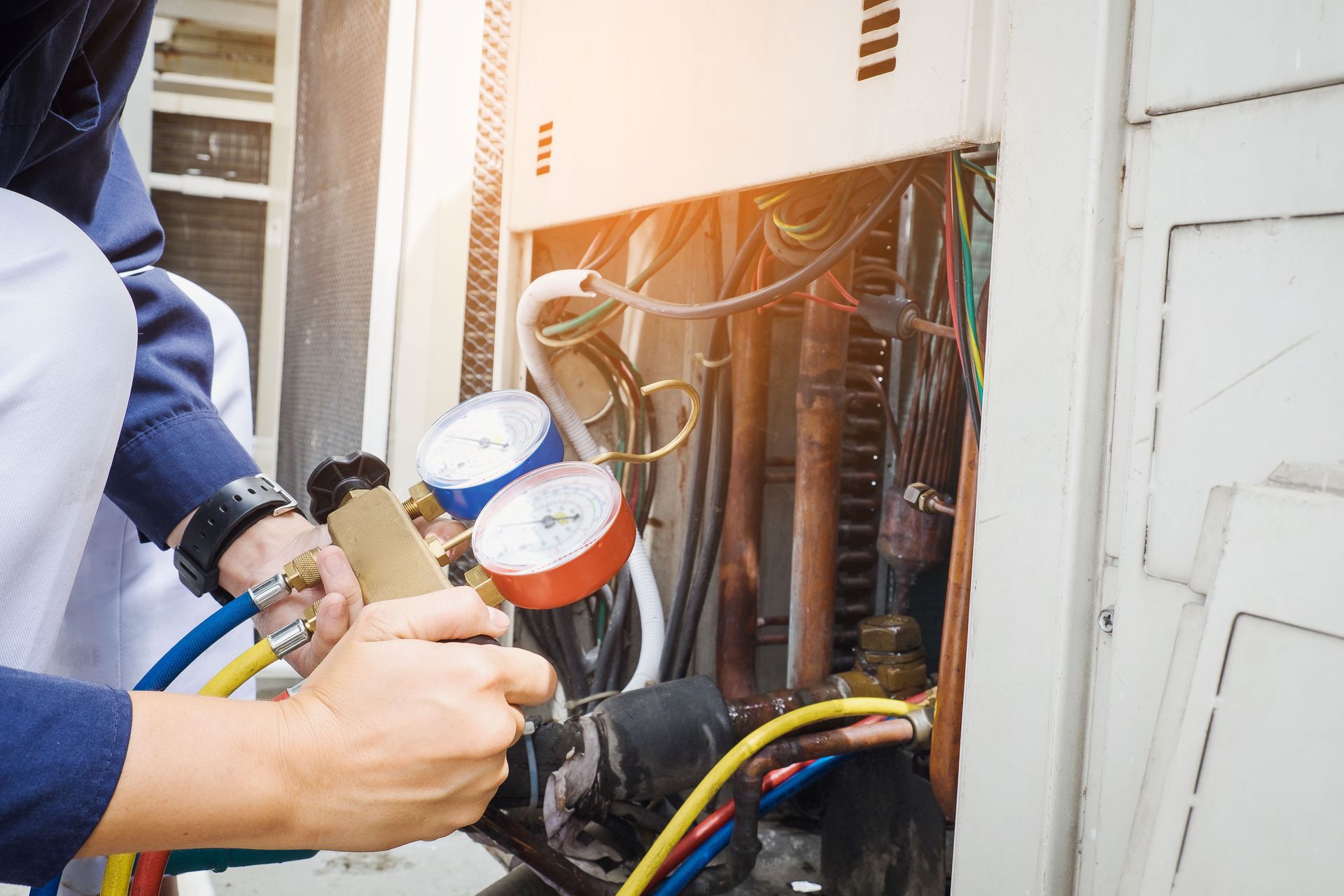

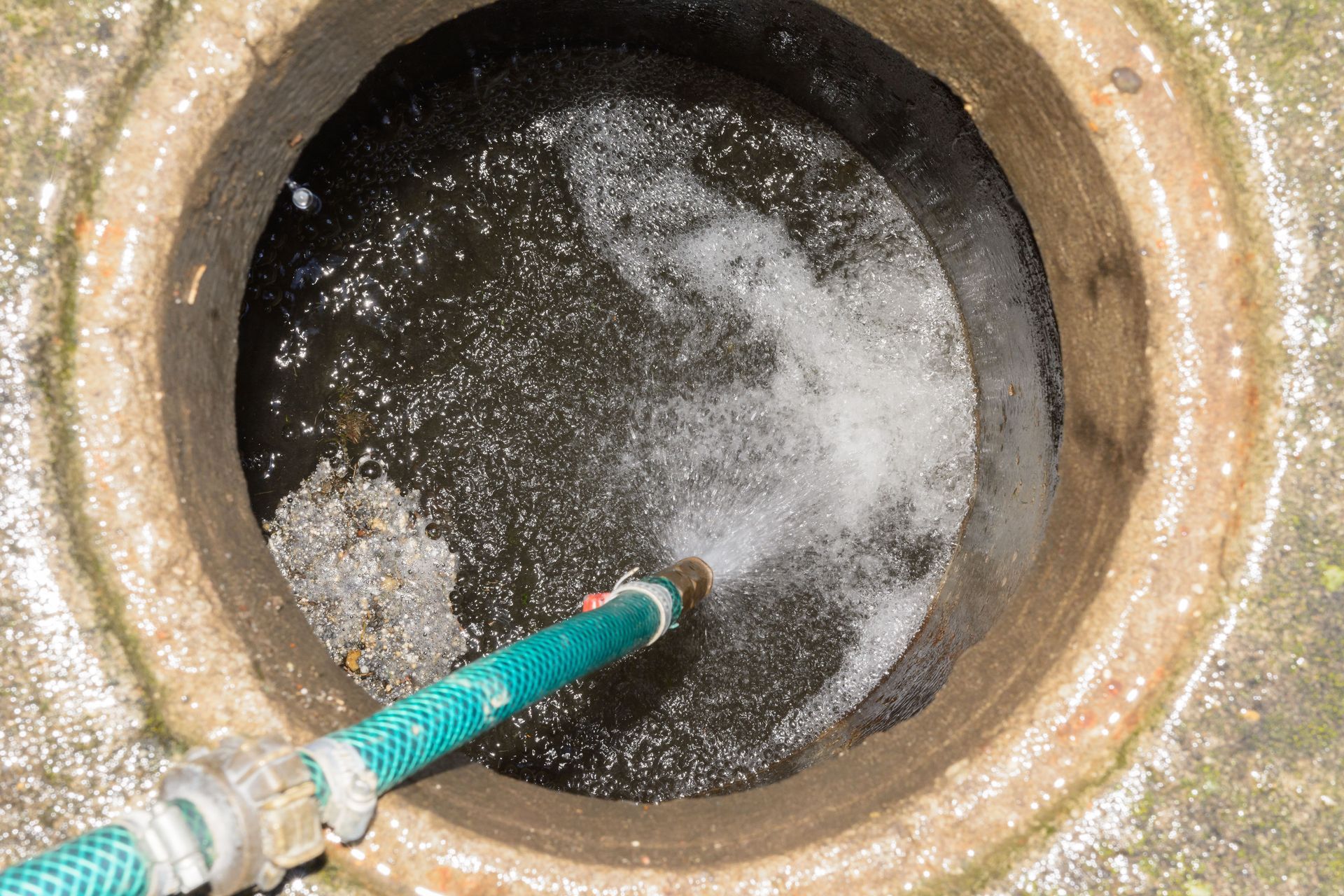
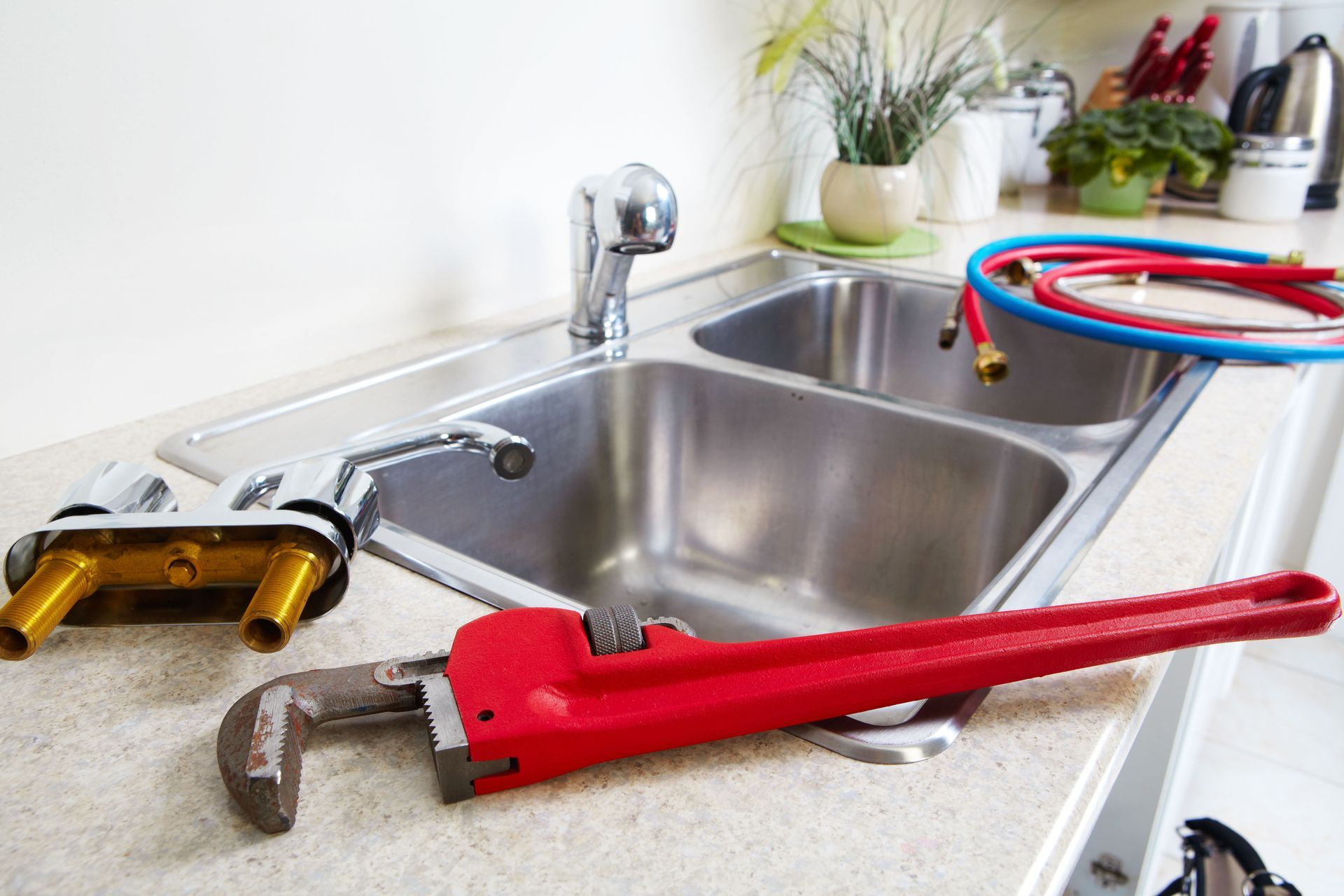
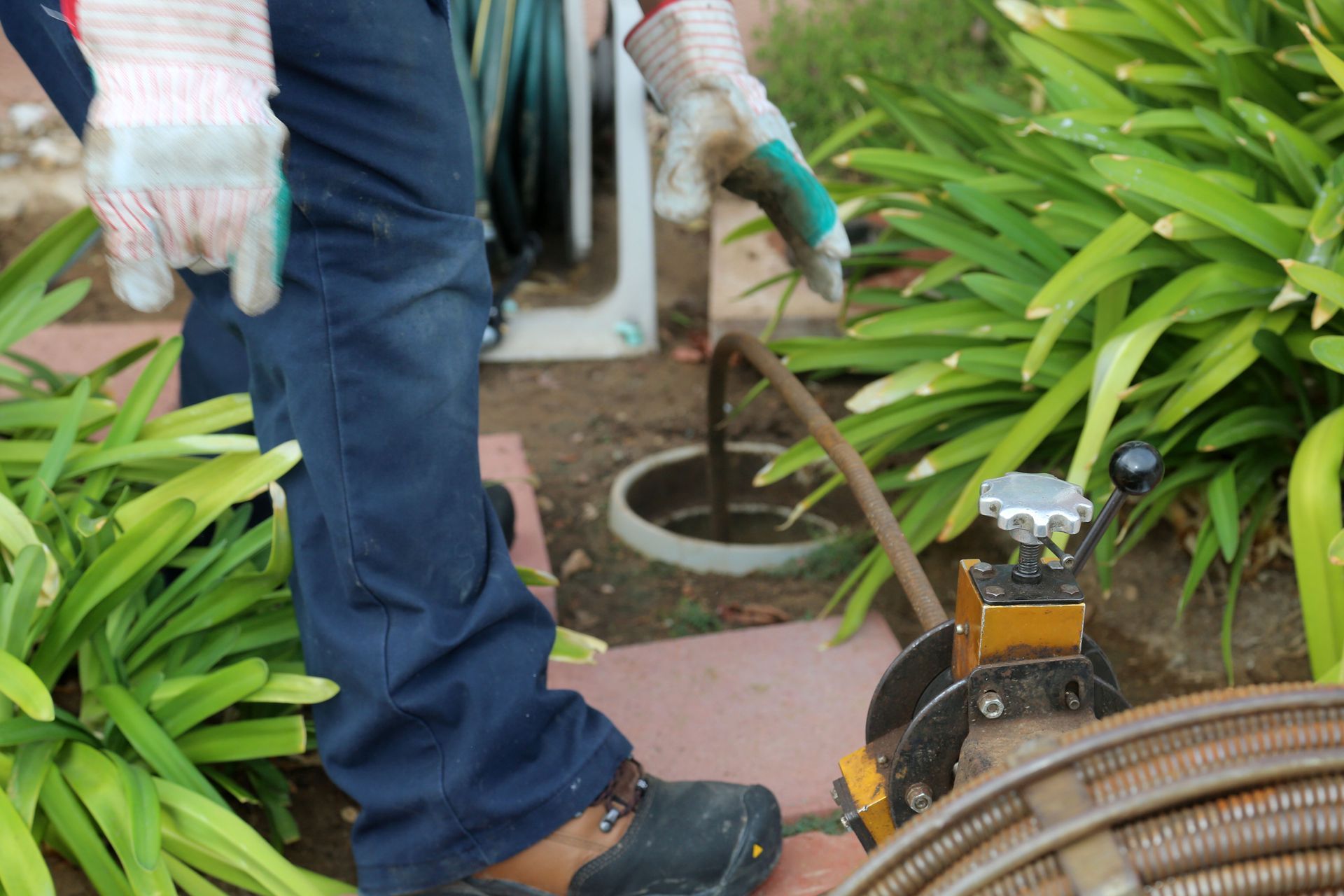
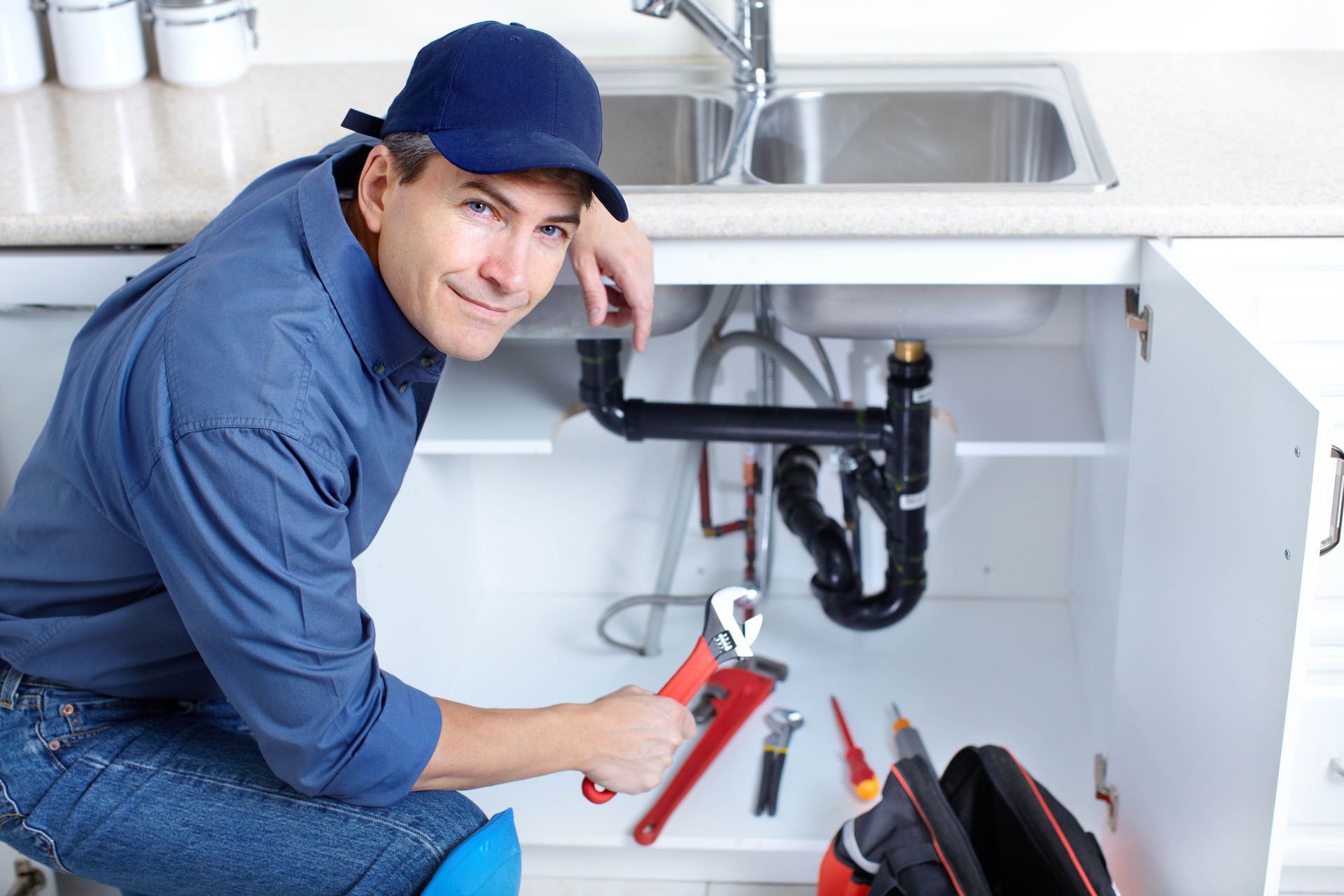

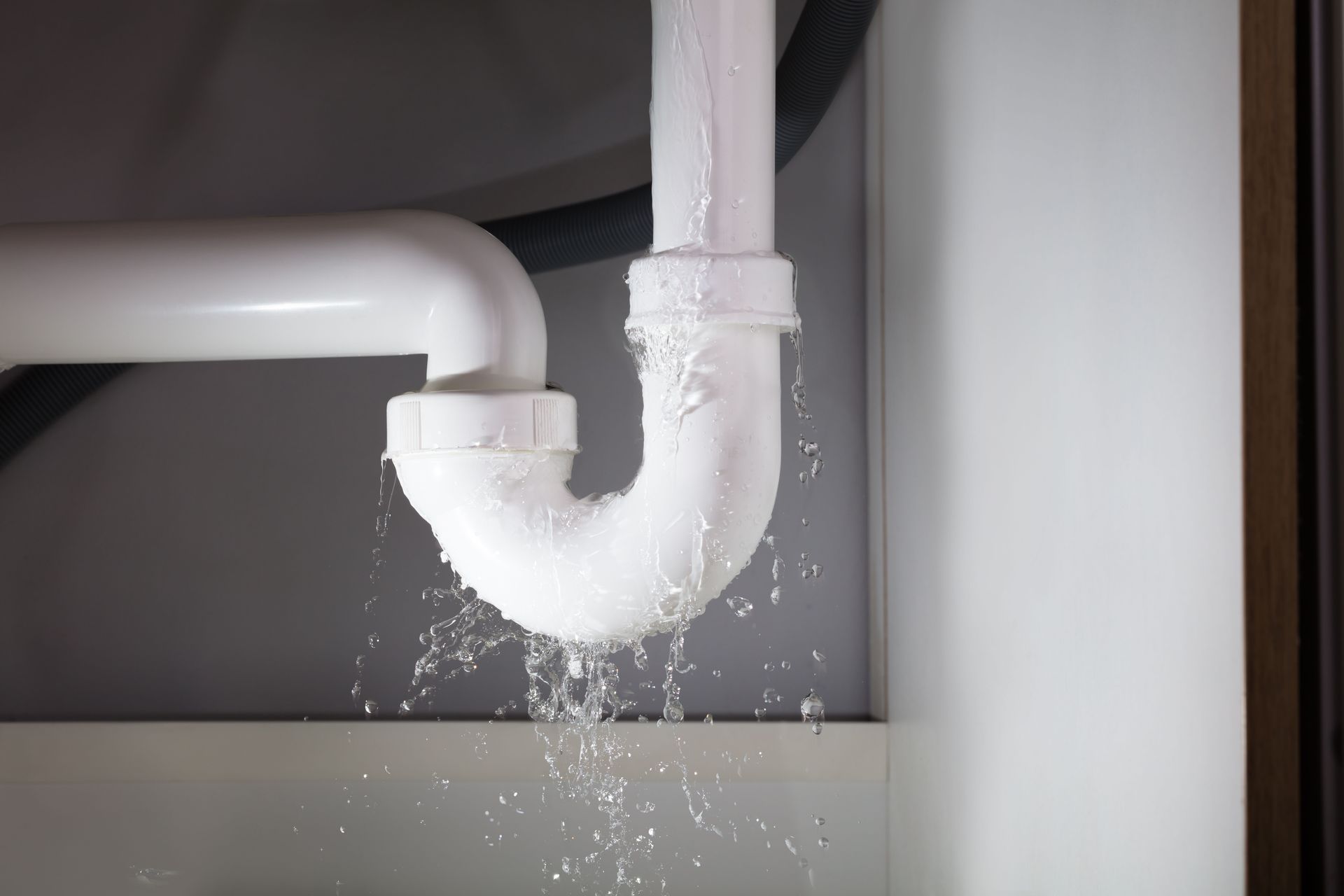
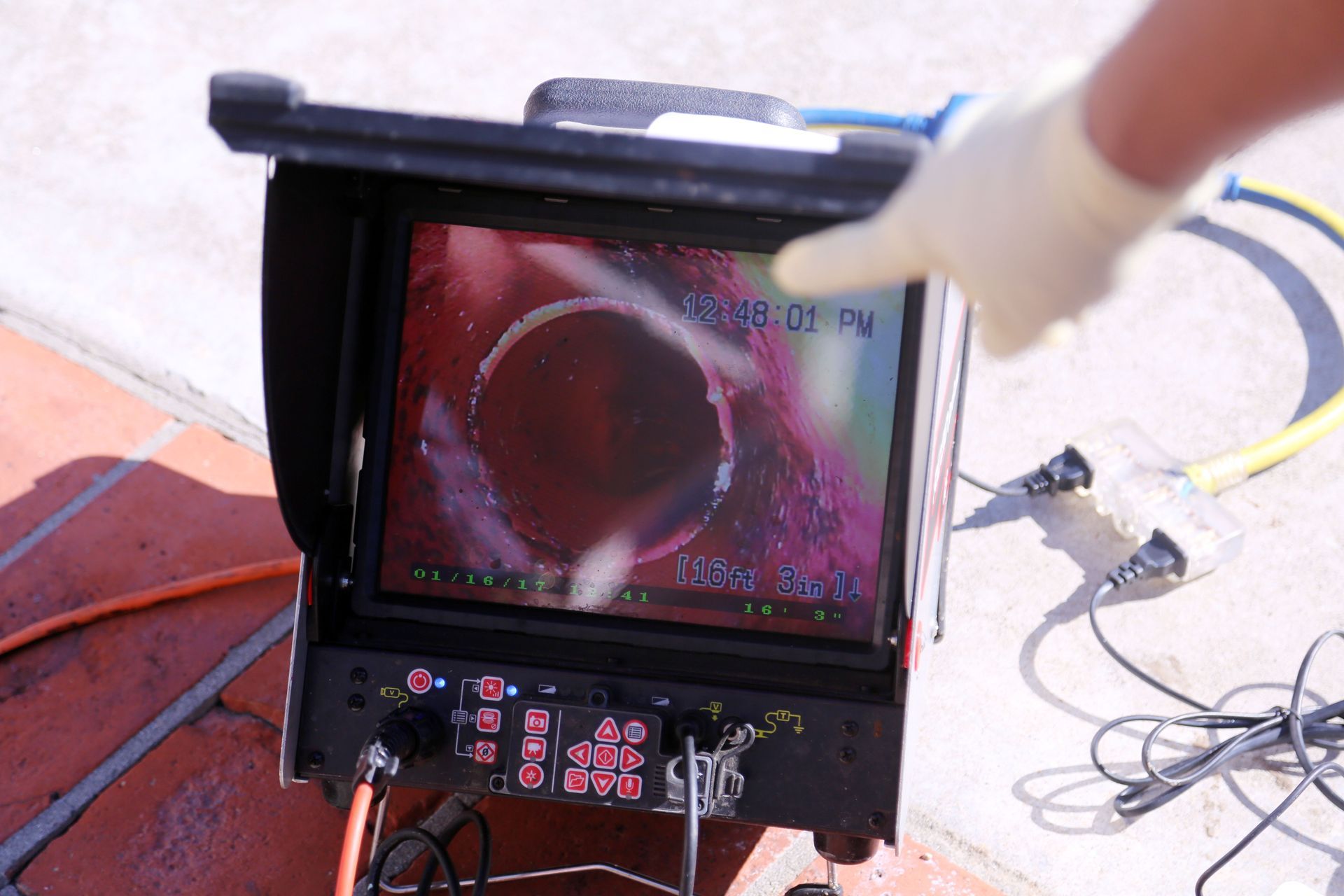
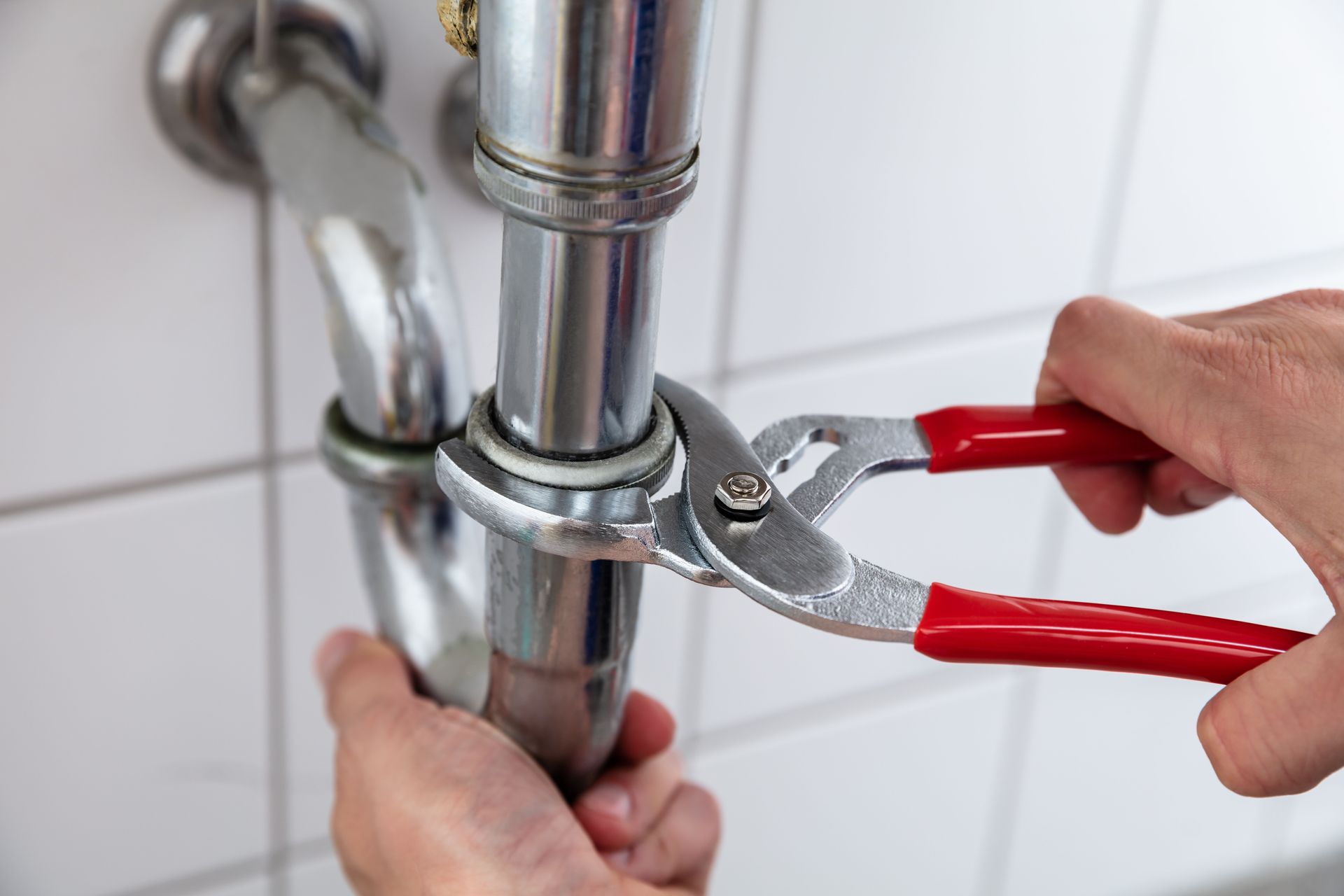
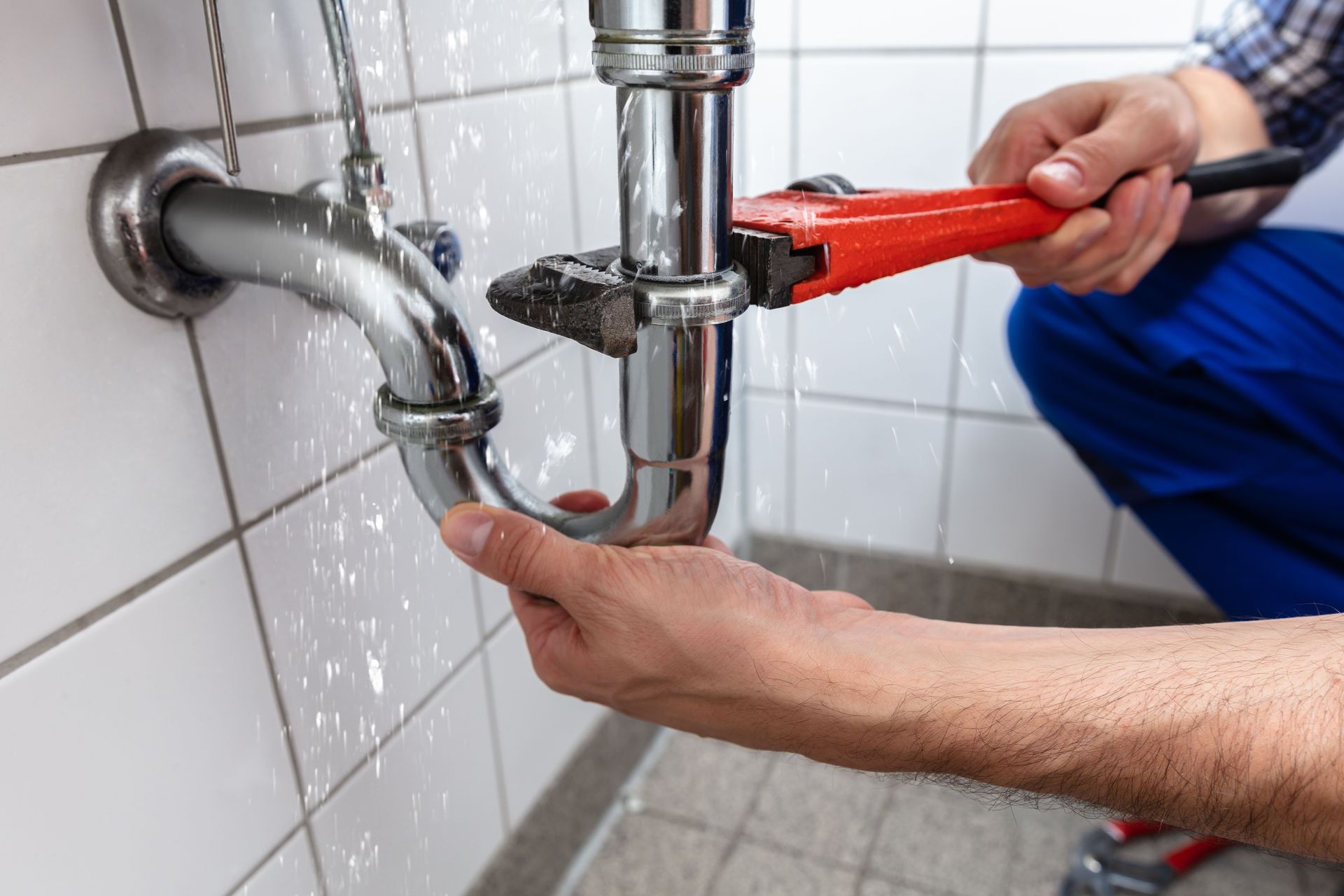
Share On: